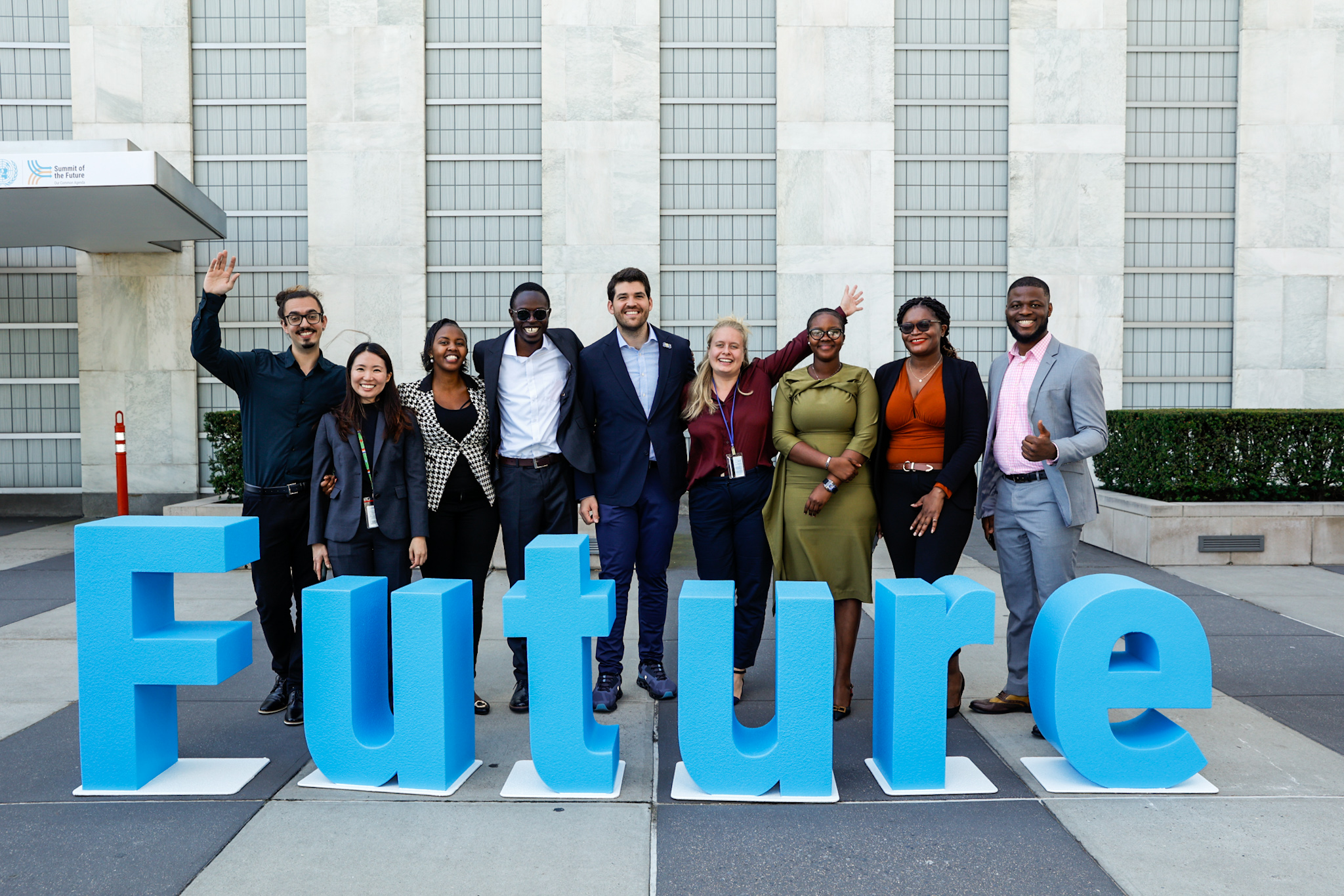6 May 2025
New report: The future of business is intergenerational

Image: UN Youth Office

A new report released by the UN Youth Office, the St. Gallen Symposium and The Club of Rome is calling on businesses to embrace intergenerational leadership as a driver of innovation, sustainability, and long-term success.
Titled How Intergenerational Leadership Unlocks Innovation and Sustainability in Business, the report outlines how the widening age gap in corporate leadership—where the average CEO is 56.8 years old while the global workforce median age is 39.6—risks holding back progress. It argues that involving younger generations meaningfully in decision-making across all levels of an organisation creates forward-thinking institutions that are more responsive to the complex challenges facing the world today, while also ensuring long-term sustainability.
“As we look to build a more just, sustainable, and prosperous future, the inclusion of younger generations in decision-making is a strategic imperative,” said Felipe Paullier, Assistant Secretary-General for Youth Affairs, United Nations Youth Office. “From my vantage point within the UN, I’ve seen how intergenerational leadership can strengthen institutions’ ability to navigate complexity and drive meaningful change. Businesses that explore similar approaches may find new pathways to resilience and long-term advantage.”
The report identifies five key benefits of intergenerational leadership: greater empathy with employees and customers, longer-term strategic thinking, disruption of outdated practices, creative problem-solving through generational diversity, and enhanced governance and accountability.
To help organisations take action, the report outlines three practical approaches:
Consultation – through mechanisms such as reverse mentoring and youth advisory boards;
Co-leadership – integrating younger voices directly into decision-making structures; and
Embedding – building intergenerational collaboration into organisational strategy, structure, and culture.
Drawing on research and real-world examples, the report shows that businesses that embrace intergenerational leadership can better navigate complexity, drive innovation, and deliver on sustainability goals—unlocking value for people, planet and profit.
“This report challenges the outdated notion that leadership must come with age,” said Nolita Thina Mvunelo, Programme Manager at The Club of Rome and a co-author of the report. “True resilience in business will come from the courage to reimagine decision-making as a space where wisdom and fresh insight meet.”
Felix Rüdiger, Head Content & Research of the St. Gallen Symposium and co-author, added: “In our current times of rapid change, businesses need to update previous, increasingly obsolete assumptions about how the world works. Intergenerational leadership can be a source of much-needed new thinking and agility.”

